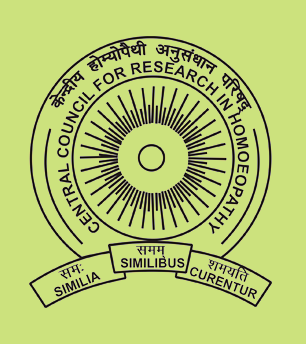Indian Journal of Research in Homoeopathy
Keywords
Gene expression, Homeogenetics, Homeogenomics, Homoeopathy
Article Type
Review Article
Abstract
Almost two decades ago, it was postulated that homoeopathic remedies could deliver their benefits by interacting with the genetic blueprint. Over the years, the results of many homeogenomic gene expression studies have confirmed this postulate. The results of homeogenomic studies have begun to recognize which of the estimated 25,000 human genes are targeted by different homoeopathic remedies and how the expression profiles of these targeted genes are rearranged. From a mechanistic standpoint, seminal homeogenomic studies have shown that homoeopathic remedies can also facilitate epigenetic modifications such as DNA methylation. This is an important discovery because DNA methylation plays an important role in the control of the expression of many genes. Understanding of the genes targeted by different homoeopathic remedies, taken together with information about the function of the protein/s encoded by the targeted gene/s provides a further complementary approach to homoeopathic remedy selection. In this review, as an example, we show how the results of homeogenomic studies support the applicability of frequently used homoeopathic remedies in patients suffering from cancer, particularly with respect to upregulation of the gene TP53. This review also outlines how the results of homeogenomic studies may also provide further help with potency selection and optimum dosage regimen.
Digital Object Identifier
10.4103/0974-7168.183858
Publisher
Wolters Kluwer India Pvt. Ltd.
How to cite this article
Kay P, Khuda-Bukhsh A. The contribution of homeogenomic and homeogenetic studies in the support of the practice of Homoeopathy. Indian J Res Homoeopathy 2016;10:101-107. doi: 10.4103/0974-7168.183858



